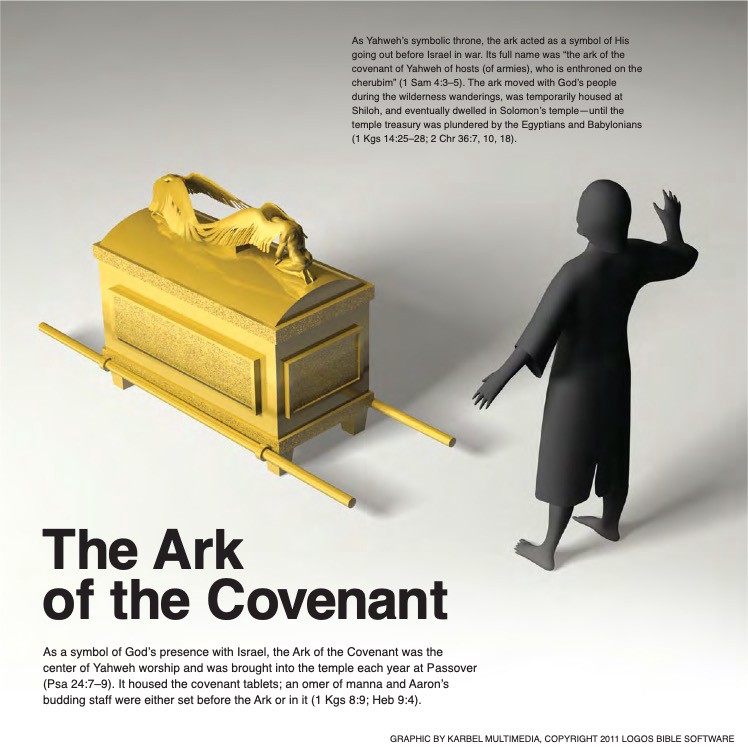An Examination of Psalm 22:3
An Abstract by Matt Sikes
PDF Link to Full Article
?God inhabits the praises of his people.? It would not be uncommon to step into the worship service of an Evangelical Christian church within the last 30 or 40 years and hear this phrase presented as an exhortation to the congregation. This statement would most likely be presented as an encouragement for the congregation to intensify its participation in the gathering in an effort to further experience the tangible presence of God. As humans it is natural to desire immediate physical evidence that the eternal God is present with his people. Yet, those who participate in the gathering should seek clarity in understanding the meaning of this phrase and its context in Scripture.
Further investigation on the use of this expression and its origins will reveal that Psalm 22:3 provides the impetus and inspiration. The King James Version renders this verse as: ?But thou art holy, O thou that inhabitest the praises of Israel.? Others translate it more like the NIV: ?Yet you are enthroned as the Holy One; you are the one Israel praises.? Just a cursory glance at these two different renderings begins to reveal some of the ambiguity in translating this text. Moreover, beyond issues of translation, issues of exegesis and interpretation begin to arise. One must ask questions about the Old Testament concept of God?s Enthronement and how it was understood in the context of the worship of Israel. Equally important are questions of biblical imagery and Hebrew poetic interpretation.
 Image Credit: Logos Bible Software
Image Credit: Logos Bible Software
The purpose of this paper is to examine Psalm 22:3 in its canonical and historical context, to give an Old Testament framework for understanding God?s enthronement and presence in the realm of cultic worship, and to provide implications for the practice of corporate worship in a New Covenant setting. Furthermore, my aim in writing stems from a desire to uncover a biblically faithful interpretation and application of a passage that has frequently been cited to overemphasize the responsibility of the worshiper in corporate worship gatherings. Throughout this paper I argue that although many modern Christians have understood God?s enthronement on the praises of his people as an anthropocentric idea of man?s responsibility in worship, a more faithful interpretation emphasizes God?s sovereign rule and reign over his covenant people as the central theme of Psalm 22:3.
The preceding was an abstract of a research paper written by Matt Sikes as a part of MUMIN 7513 Research in Worship History: Old Testament, a Ph.D. Seminar in Worship at Southwestern Baptist Theological Seminary. This paper has now been published in The Artistic Theologian, Vol. 8 (2020).


